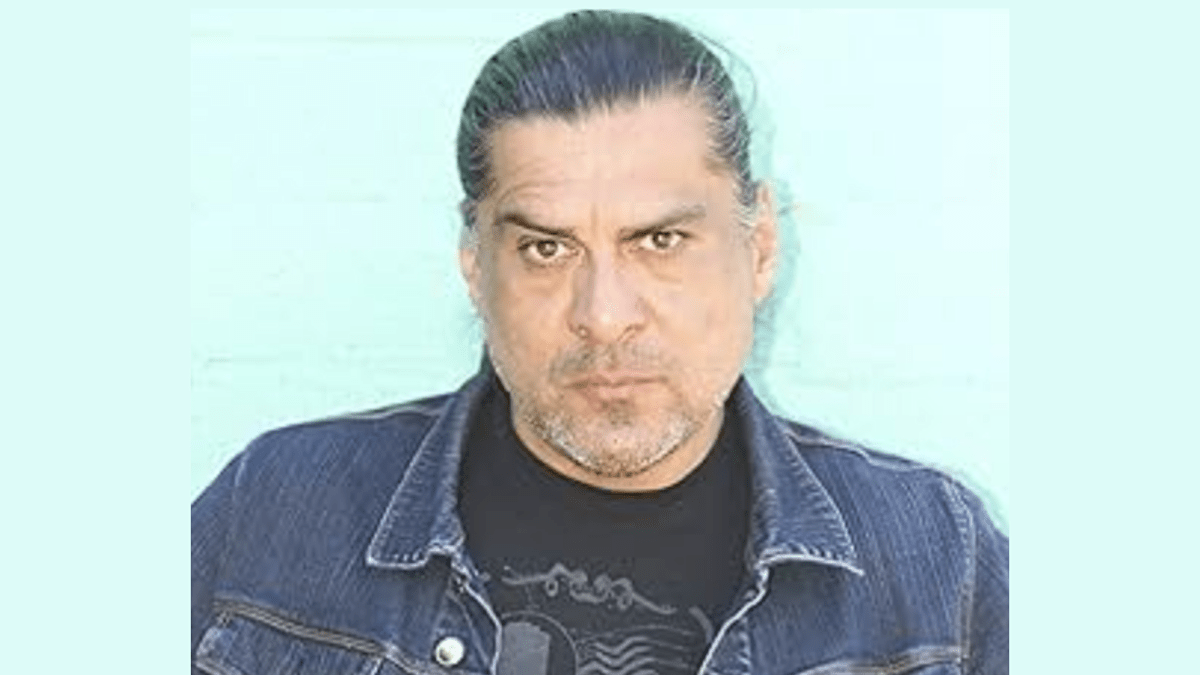Jonathan Joss, the beloved voice behind John Redcorn in the iconic animated series King of the Hill, tragically lost his life in a shooting in San Antonio on Sunday, a crime that has left fans, friends, and family in shock and mourning. At 59, Joss was celebrated not only for his voice acting but also for his contributions to the portrayal of Indigenous characters in entertainment. His untimely death is a profound loss to the community and industry.
The San Antonio Police Department reported that the suspect, 56-year-old Sigfredo Alvarez Ceja, was apprehended shortly after the incident, facing murder charges. Ceja, who was reportedly Joss’s neighbor, fled the scene but was captured just a block away. Police authorities confirmed they are still investigating the motive behind this act of violence.
Witness accounts shed light on the harrowing moments leading up to Joss’s death. In a heartfelt statement shared on Joss’s Facebook page by his husband, Tristan Kern de Gonzales, it was revealed that the couple was checking their mail near their former residence when they encountered Ceja, who allegedly began hurling violent homophobic slurs. According to the account, when Ceja brandished a gun and opened fire, Joss took it upon himself to push Kern out of harm’s way, ultimately sacrificing his own life to save his partner. “Jonathan and I had no weapons. We were not threatening anyone,” Kern stated, highlighting the senseless and tragic nature of the attack.
Joss’s legacy in animation is well-recognized, particularly for his role in King of the Hill, which aired from 1997 to 2009. He stepped into the role of John Redcorn in the second season after the original actor, Victor Aaron, passed away. Redcorn became a memorable character in this beloved sitcom, known for his humorous yet poignant portrayal. Furthermore, Joss also made his mark in live-action television through roles in shows like Parks and Recreation, where he played Chief Ken Hotate, and movies such as True Grit and The Magnificent Seven.
Just before his tragic passing, Joss attended a King of the Hill cast panel at the ATX TV Festival in Austin. This event took place just 48 hours prior to the shooting and served as a reminder of the show’s lasting impact, including the announcement of a revival set to premiere on Hulu. While Joss was not involved in this revival, his contributions to the original series left an indelible mark on its legacy.
In January, Joss experienced another personal tragedy when a fire destroyed his childhood home in San Antonio, claiming the lives of two of his dogs. In an interview following this incident, Joss expressed sorrow not just for the loss of his home—a place he cherished, built by his father in 1957—but particularly for his dogs, indicating his deep love for family and companionship. His resilience shone through as he leaned into faith during difficult moments, stating, "The good Lord will protect us."
Joss was of Comanche and White Mountain Apache ancestry, a heritage he embraced and shared through his work. His portrayal of Native characters resonated deeply with audiences, particularly those who felt misrepresented in mainstream media. Fans took to social media following his passing to express their heartache and highlight the importance of his role in providing contemporary Native representation in comedy.
“John Redcorn was pretty much the only contemporary Native representation I had in comedy growing up,” one fan noted on social media, underscoring the significance of Joss’s work in shaping cultural narratives. His skills as a voice actor and his nuanced portrayal of characters like John Redcorn allowed many Indigenous individuals to see facets of themselves reflected in popular culture.
The sudden loss of Jonathan Joss serves as a stark reminder of the troubling realities of violence, particularly acts fueled by hate. The nature of the incident exposes ongoing societal issues surrounding homophobia and violence against marginalized communities. Each senseless act of violence not only takes a life but also sends ripples of grief and loss through families and communities.
As we reflect on the life and legacy of Jonathan Joss, we are reminded of the joy he brought to countless fans and the positive representation he embodied in media. His contributions to the entertainment industry go beyond mere roles; they create spaces for greater understanding, empathy, and connection among diverse audiences.
In moments of reflection, we remember Joss not only for his talent but also for his humanity. Through his performances, he taught us about resilience, love, and the importance of standing up for each other. While he may no longer be with us, his spirit and impact will undoubtedly live on, encouraging many who aspire to follow in his footsteps in the arts and beyond.
In closing, as investigations continue into the tragic circumstances surrounding his death, we can honor Jonathan Joss by advocating for inclusivity and understanding, and by recognizing the cultural narratives we share. His voice may have been silenced, but his legacy endures—a reminder of the love he spread through his art and the lives he touched along the way.










